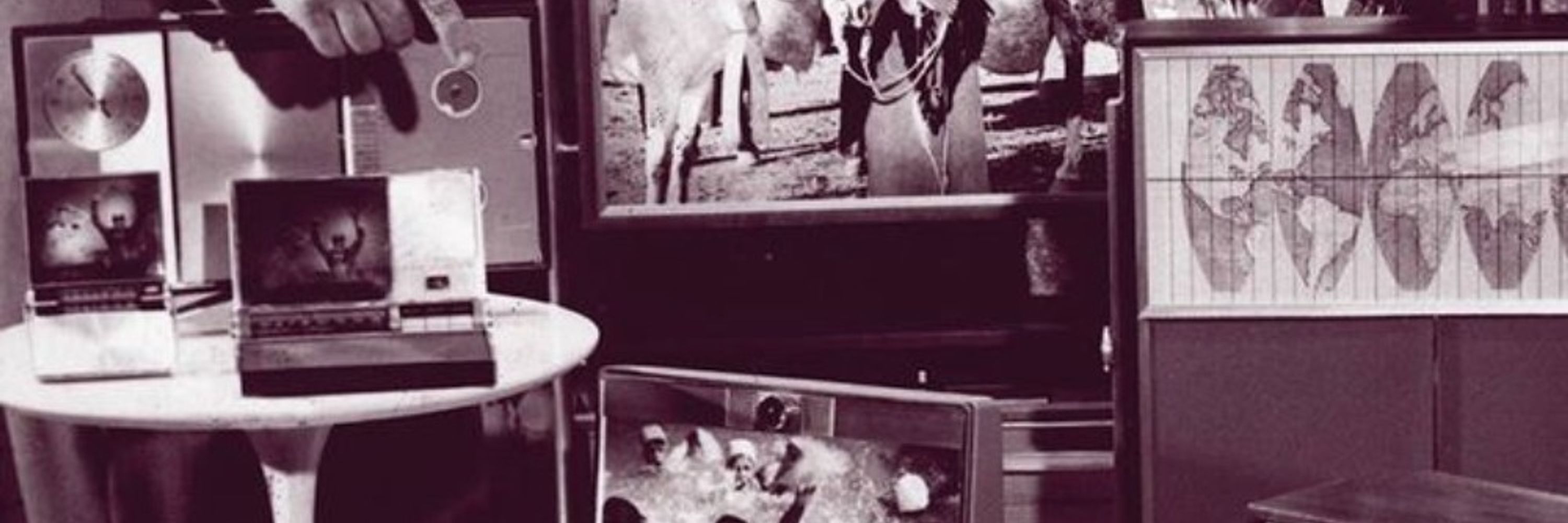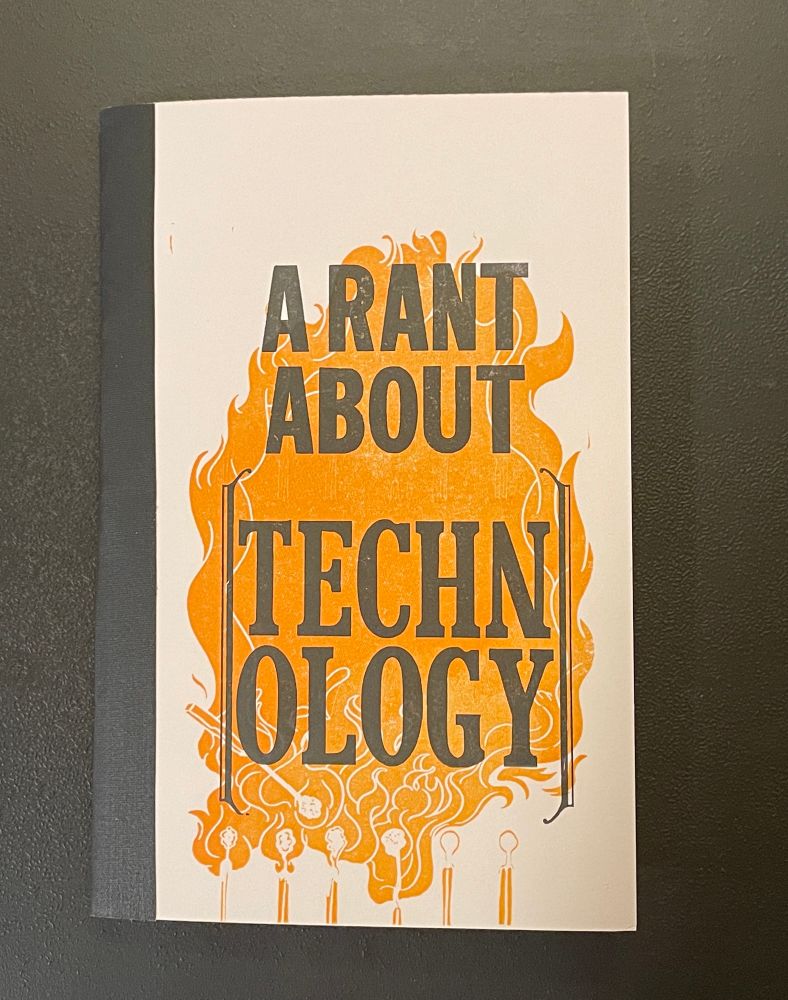
Researchers can consult De Camp’s papers @ransomcenter.bsky.social: https://www.hrc.utexas.edu/research/guides/DetectiveFantasyandScienceFiction #booksky #histsci 🗃️📜




Researchers can consult De Camp’s papers @ransomcenter.bsky.social: https://www.hrc.utexas.edu/research/guides/DetectiveFantasyandScienceFiction #booksky #histsci 🗃️📜
Noble are the manatees
For a bettir future
We neede artes and humanityes
artshumanities.berkeley.edu/news/humanit...
Noble are the manatees
For a bettir future
We neede artes and humanityes
artshumanities.berkeley.edu/news/humanit...
#histmed #histSTM
#Microsoft #Windows
#histmed #histSTM
#Microsoft #Windows
(Asking for a friend...)

(Asking for a friend...)
(I'm not sure why Dante sold for less than the other three authors.)
#Muppets

(I'm not sure why Dante sold for less than the other three authors.)
#Muppets
(Aristotle leads,
Dante does machines.
Moliere is cool but rude.
William Shakespeare is a party dude.)
#TMNT #TurtlePower

(Aristotle leads,
Dante does machines.
Moliere is cool but rude.
William Shakespeare is a party dude.)
#TMNT #TurtlePower
www.juliensauctions.com/en/auctions/...
#Muppets #JimHenson #booksky #filmsky 📚📽️

www.juliensauctions.com/en/auctions/...
#Muppets #JimHenson #booksky #filmsky 📚📽️
"The ruling nullifies the Administration’s actions to dismantle IMLS and permanently prohibits the Administration from taking such actions in the future. The ruling has immediate nationwide effect."
www.ala.org/news/2025/11...

"The ruling nullifies the Administration’s actions to dismantle IMLS and permanently prohibits the Administration from taking such actions in the future. The ruling has immediate nationwide effect."
www.ala.org/news/2025/11...
#histSTM #STS
#histtech #BigTech 🗃️📜

#histSTM #STS
#histtech #BigTech 🗃️📜
(Happy #DoctorWhoDay, everybody!)
#DoctorWho #scifi

(Happy #DoctorWhoDay, everybody!)
#DoctorWho #scifi
More via @sciencehistory.org: www.sciencehistory.org/stories/maga...
#histSTM #physics #chemistry #WWI 🗃️📜

More via @sciencehistory.org: www.sciencehistory.org/stories/maga...
#histSTM #physics #chemistry #WWI 🗃️📜
Aldous Huxley, author of #BraveNewWorld, died #OnThisDay in 1963. His passing was overshadowed by JFK's assassination.
(Images HT @ransomcenter.bsky.social; info in alt-text) #booksky 🗃️📜


Aldous Huxley, author of #BraveNewWorld, died #OnThisDay in 1963. His passing was overshadowed by JFK's assassination.
(Images HT @ransomcenter.bsky.social; info in alt-text) #booksky 🗃️📜
Check it out here: www.hrc.utexas.edu/teaching/bil...
#poetry #booksky #speccolls 🗃️📜


Check it out here: www.hrc.utexas.edu/teaching/bil...
#poetry #booksky #speccolls 🗃️📜
How long will it be before other states follow suit? (And what will they pick?)
How long will it be before other states follow suit? (And what will they pick?)
(@ransomcenter.bsky.social has been the home of Collins’s archive since 2014: norman.hrc.utexas.edu/fasearch/fin...)
#booksky #poetry
#DogShow #archives 🗃️🐶

(@ransomcenter.bsky.social has been the home of Collins’s archive since 2014: norman.hrc.utexas.edu/fasearch/fin...)
#booksky #poetry
#DogShow #archives 🗃️🐶
Today's #histSTM lunchtime read: @nccomfort.bsky.social discusses James Watson's gradual embrace of genetic determinism in an essay for @nytopinion.nytimes.com.
#histbio #histsci
#eugenics #DNA 🗃️📜🧬

Today's #histSTM lunchtime read: @nccomfort.bsky.social discusses James Watson's gradual embrace of genetic determinism in an essay for @nytopinion.nytimes.com.
#histbio #histsci
#eugenics #DNA 🗃️📜🧬
This letterpress edition of Ursula K. Le Guin’s “A Rant About #Technology” exceeded all my expectations. Thanks to @skeuomorphpress.org for making it available during their summer fundraising drive! #STS #scifi #booksky 🗃️📜



This letterpress edition of Ursula K. Le Guin’s “A Rant About #Technology” exceeded all my expectations. Thanks to @skeuomorphpress.org for making it available during their summer fundraising drive! #STS #scifi #booksky 🗃️📜
(And contrary to what he told @texasstandard.bsky.social, he didn’t have to break in…)
Thanks for stopping by, @mulaney.bsky.social!
#comedy #LiveFromNewYork #SNL


(And contrary to what he told @texasstandard.bsky.social, he didn’t have to break in…)
Thanks for stopping by, @mulaney.bsky.social!
#comedy #LiveFromNewYork #SNL
The very first #CalvinAndHobbes strip was published forty years ago today (Nov. 18, 1985).
#comics #OnThisDay

The very first #CalvinAndHobbes strip was published forty years ago today (Nov. 18, 1985).
#comics #OnThisDay
#BirdsInArt
#BirdsInArt
#histSTM #histsci 🗃️📜

#histSTM #histsci 🗃️📜
spectrum.ieee.org/magazine/202...
#metrology #measurement
#electronics #innovation

spectrum.ieee.org/magazine/202...
#metrology #measurement
#electronics #innovation
And, of course, thanks to all of you who read these updates throughout the meeting. Hopefully I'll see some of you next year in Edinburgh for #HSS2026!

And, of course, thanks to all of you who read these updates throughout the meeting. Hopefully I'll see some of you next year in Edinburgh for #HSS2026!


